| Back to: Main Page See our Expedition 1 2 3 | Updated 15 Feb 2006 Page 14 | |
Harer the medieval walled city
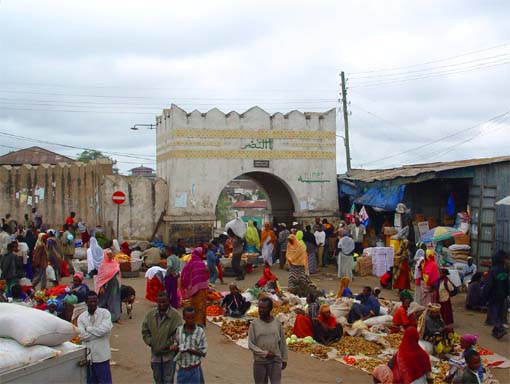 Harer's famous Shoa gate,
one of seven entrances to this interesting
medieval walled city.
Harer's famous Shoa gate,
one of seven entrances to this interesting
medieval walled city.
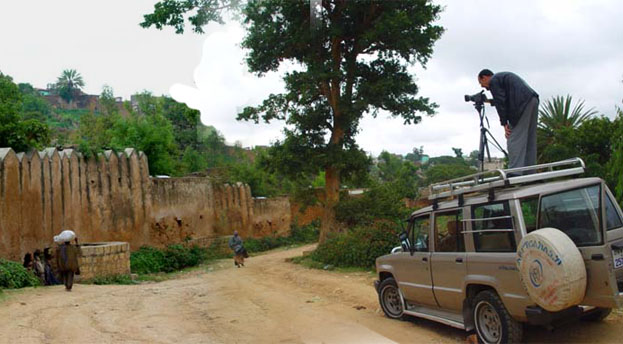 Filming Harer's old wall.
Filming Harer's old wall.
|
Harer stands in the middle of green mountains on the east wall of the Great rift valley. Harer is 525 kilometers away from Addis Abeba on a very picturesque route through the Ahmar Mountains. For visitors from abroad, Harer the medieval walled city, has been the main attraction in the hole region of Harerge without having an airport or a railway station! A visit to this medieval walled city is a must! Harer managed to keep the charm of its medieval character and all glory of the past! Its cultural diversity is best expressed in the old market and the great Mosque. Harer was made famous as an international trading center as it gradually became a commercial link with India, Arabia and even China! Despite its remoteness, 525 kilometers away from Addis Abeba, it has always have its own culture and language! Harer was for centuries an Islamic center with strong trade and cultural links with Yemen. Harer's Megala gudo market is famous for jewelry of silver, gold and amber it is also the place to buy beautifully hand made baskets woven with colorful grass and decorative wall mats and bright shawls also spices, grains, vegetables and fruits of the region. |
|
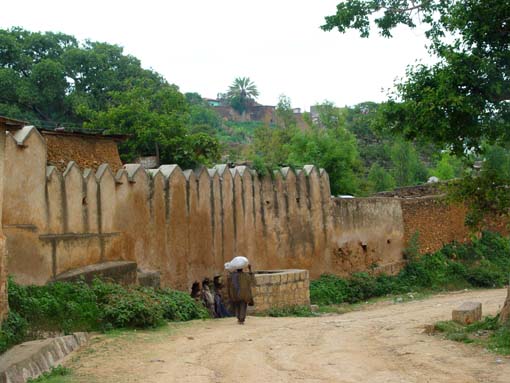
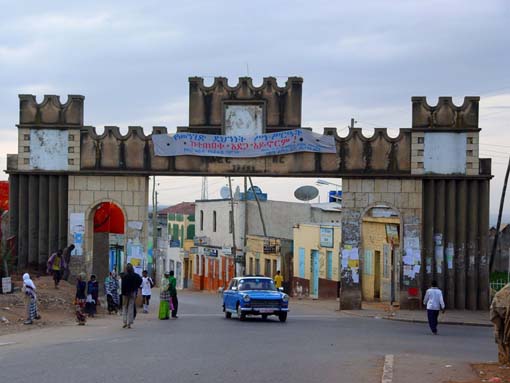
|
The historic wall around Harer was build around the year 1550 by Emir Nur after he was alarmed of frequent invasions by the advancing Oromo.
When the wall around Harer was build by Emir Nur it had originally 5 gates. At the time King Menelik was established in Harer he build two additional Gates: the 'Harer Bari' pictured on the left and the 'Shoa bari' below.
The 'Shoa Bari' (gate) pictured on the left, was build during king Menelik's reign. In front, the 'megala gudo' market is famous for jewelry of silver, gold and amber it is also the place to buy beautifully hand made baskets woven with colorful grass and decorative wall mats and bright shawls also spices, grains, vegetables and fruits of the region.
The 'Badri Bari' (gate) it was skillfully rebuild and renovated by Italian engineers during the italian occupation. It used to be the main entrance to Harer before the building of the two new gates by king Menelik. Look at the History page to see the Badri gate how it was around the 17th century !
The 'Argob Bari' (gate) joining the road going to the East. Look at the History page to see the Argob gate how it was around the 17th century !
The 'Suqutat Bari' (gate) opens to the road leading to the South East.
The 'Badri Bari' (gate) opens to the road leading to the North. |
Click bellow to see other
subjects
about Harer
Harer surroundings Animals and birds of Harer Harer today |
|
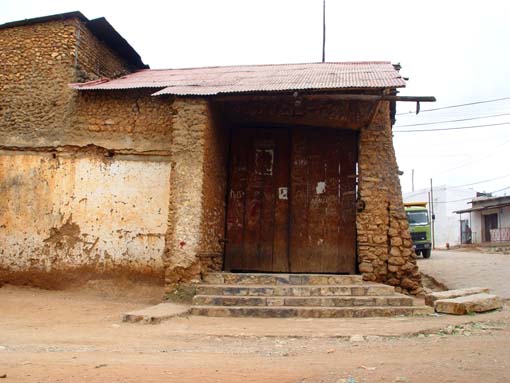
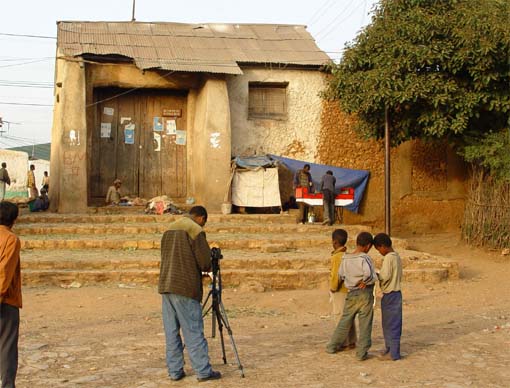
|
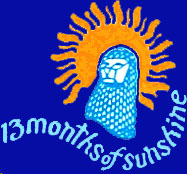 Click here to see more...
Click here to see more...
|
|
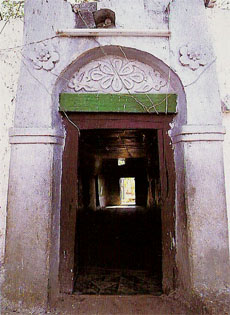 |
The great Mosque dominates the center of this medieval city! Opposite the great Mosque stands the octagonal church of Medhane Alem which includes a gallery of traditional religious works. |
|
|
|
||
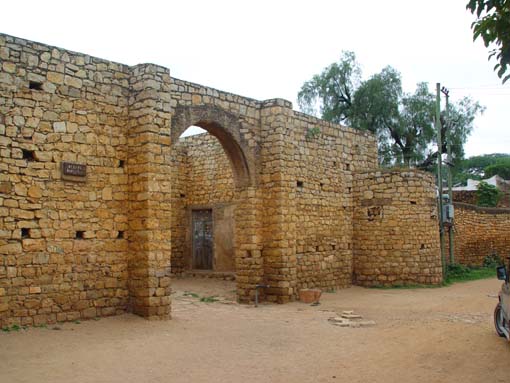
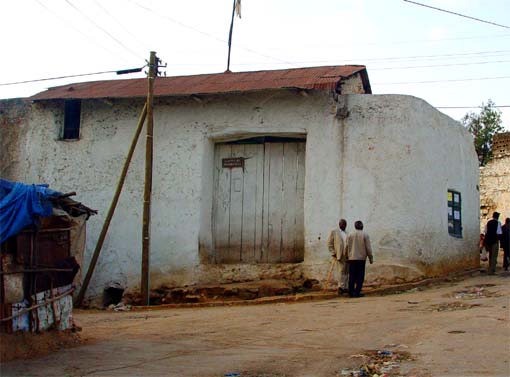
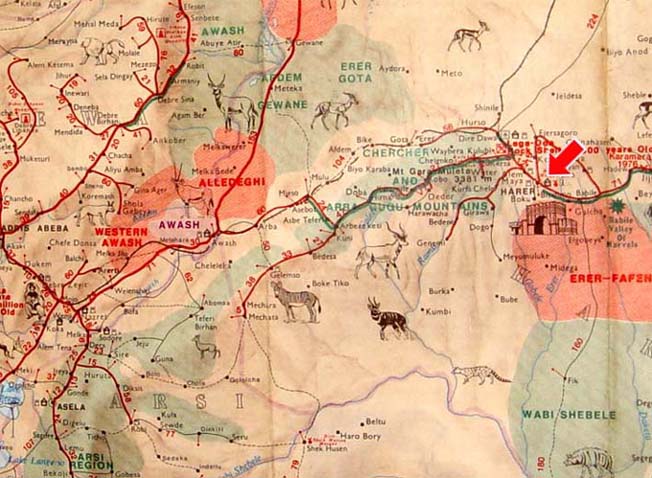
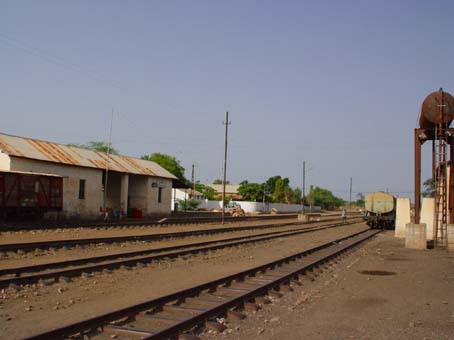 The
famous Awash train station...
The
famous Awash train station...